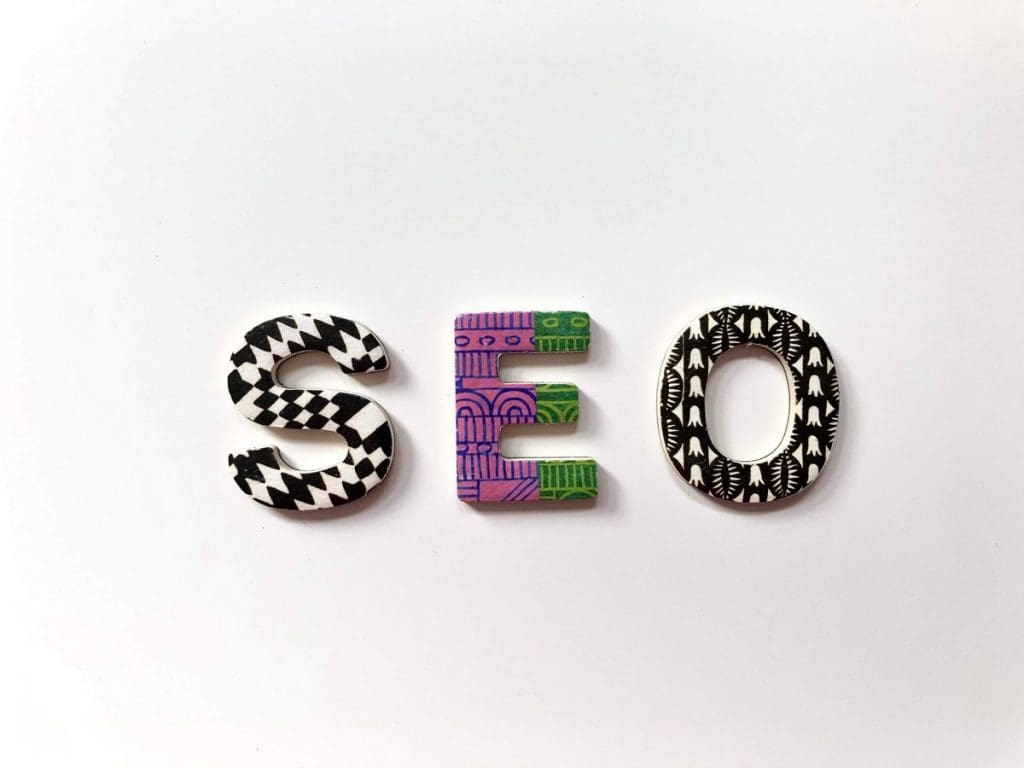
SEO, or Search Engine Optimisation, should be at the heart of your content marketing strategy. Optimising your pages for search engine crawlers will ensure that your pages appear at the top of Google’s rankings, putting you ahead of your competitors and increasing traffic to your site, which should hopefully mean more business.
We’ve written before about SEO. We’ve highlighted the differences between Off-page on On-page SEO, we’ve explained why internal link building is so important and we’ve shown why you should start writing blog posts. When optimising pages and posts, there’s a checklist of actions you need to take, all of which revolve around specific keywords you’ve chosen. There are a large number of legitimate ways to get your website ranking highly, which abide by Google’s Webmaster Guidelines.
But there are also a number of so-called ‘Black Hat’ SEO techniques that many companies use, either on purpose or inadvertently, that you should avoid at all costs. Whilst they might bring about short term gain, if you are found to be using them, Google will penalise your site, you’ll drop down its rankings and may even be de-indexed altogether. And don’t think you’ll get away with it; as search engine algorithms have developed and improved, so too has their ability to recognise such techniques. We’ve put together a selection of the most common Black Hat SEO methods below, so that you know what to avoid.
Keyword Stuffing
When business owners discover the importance of including keywords in their copy, they often go overboard in an attempt to include them as many times as possible. This is known as keyword stuffing and is arguably the most common Black Hat technique. Whilst, naturally, you may think that including the phrase you want to rank for over and over is a good idea, the result is actually content which is at best repetitive and at worst impossible to read. This leads to a poor user experience. Potential customers will be put off and leave your site quickly, meaning a high bounce rate. You may then see your site slide down the rankings.
Instead, opt for high quality content which gives website users the information they need clearly. Your keyword should appear only in headings and titles and a couple of times in the main body of your page and post text.
Invisible Text
If you know that you need to include keywords in your text, without making it impossible to read, you may then opt to simply add your keyword multiple times at the end of a page and change the text colour to be the same as the background colour. It may be the case that your readers will be none the wiser (unless they start highlighting text) but Google’s crawlers will still soon recognise what you’ve done and penalise your site accordingly.
Some companies go so far as to completely fill pages with invisible keywords, meaning that when a user clicks onto that page, they’ll find nothing. They will then exit the page quickly; and as before your site will have a high bounce rate.
Copied Content
It goes without saying that you should always avoid plagiarism and instead try to create your own high quality, original material that relates directly to your business. Unfortunately, some sites copy content wholesale from other websites, without alterations. Adding lots of high quality copy to your website is a good idea, but doing it in this way is definitely not. Google will recognise the identical text and may not list the offending pages at all – you may sometimes have seen a message at the bottom of search results which reads along the lines of ‘multiple pages have been removed from these results as they were similar or identical to those listed above’. Your site will then never be seen by anyone.
Purchasing Links
Getting high domain authority websites to link back to your own is great for SEO, but these links should always be earned organically. Do not be tempted to pay other websites to link to yours, no matter how good the offer may be. SItes which accept these types of payment are very often low domain authority and are known to Google to be spam. The quality of backlinks will therefore be poor and your own website credibility may be damaged, at least in the eyes of the crawlers which determine your ranking position.
Cloaking
By ‘Cloaking’ we mean the presenting of one version of a web page to a website’s user and an entirely different one to the search engine. Some businesses use this technique to boost their ranking for competitive keywords, as it fools the search engine into thinking the page contains relevant content. However, this practice is almost entirely pointless; the user isn’t given the information they want and it is very rare for search engines to even rank these types of sites. Even if somehow your pages are indexed, as soon as it is discovered that you are carrying out this illicit practice, your site will be de-indexed.
What To Do Instead
Whether you need help optimising your site in a manner which follows Google’s guidelines, or producing excellent content that draws in potential customers, Creation ADM are just a call away. We’re a Manchester content marketing agency and have a talented team of writers who’ve produced copy for businesses in every sector. Drop us a line on 0161 236 3939 or complete our contact form and we’ll get back to you.
More Stories
The importance of branding
In this, the second blog post in leading Manchester branding agency Creation’s series about branding, we explore its importance for any business at a time when competition for both retaining and attracting new customers has never been more fierce. Let’s start with the most fundamental of questions:
Branding and Marketing: They’re the same, right?
In the first of a series of blogs focusing on branding, we look into any differences between Branding and Marketing. They’re the same, right? Well…
How Green is YOUR website?
This question may not be something you’ve ever considered, but, like every other action we take here on planet Earth, somewhere along the line, there’s…



